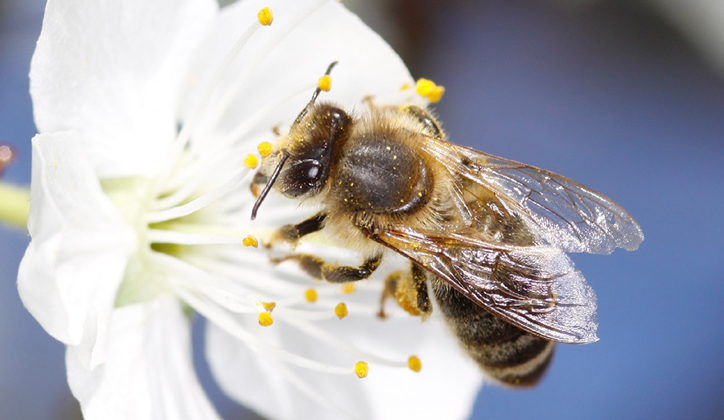TV, radio, print and online – our researchers share their expertise and profile their recent work across a range of media outlets. Here are some examples from the last month.
The buzz on bee colonies
Dr Andrew Barron from the Department of Biological Sciences worked on an international project investigating the reasons behind the collapse of bee colonies worldwide. The study found environmental stressors on young bees lead to their early uptake of foraging work, which upsets the social construct within their colonies, often leading to collapse.
The research was picked up by the Science Editor of the Sydney Morning Herald, ABC Science, the Discovery Channel, and other Australian and international science outlets.
Detox diets disappoint: literature review finds no evidence of efficacy
Professor Hosen Kiat from the Australian School of Advanced Medicine co-authored a literature review that found no existing studies to prove the efficacy of detox diets for weight loss or detoxification. Hosen states that, based on the current evidence, detoxes can in fact be harmful, and should not be recommended by health professionals.
The research attracted feature pieces from both the Australian and the Herald Sun, attracting radio and social media interest.
Pardon? Speak up: Study indicates open-plan classrooms too noisy for kids to concentrate
Kiri Mealings from the Child Language Lab conducted a study to compare open-plan with enclosed classrooms, and their respective impact on children’s ability to hear, concentrate, and learn in class. She found that open plan classrooms are not conducive to the best possible learning environment due to noise levels.
The Daily Telegraph ran an article on this research, followed shortly by the publication of a Conversation article written by Kiri. Combined, these pieces attracted the interest of education outlets, and radio news and talkback programs.
Sign up to our daily media report to get regular updates directly to your inbox.

